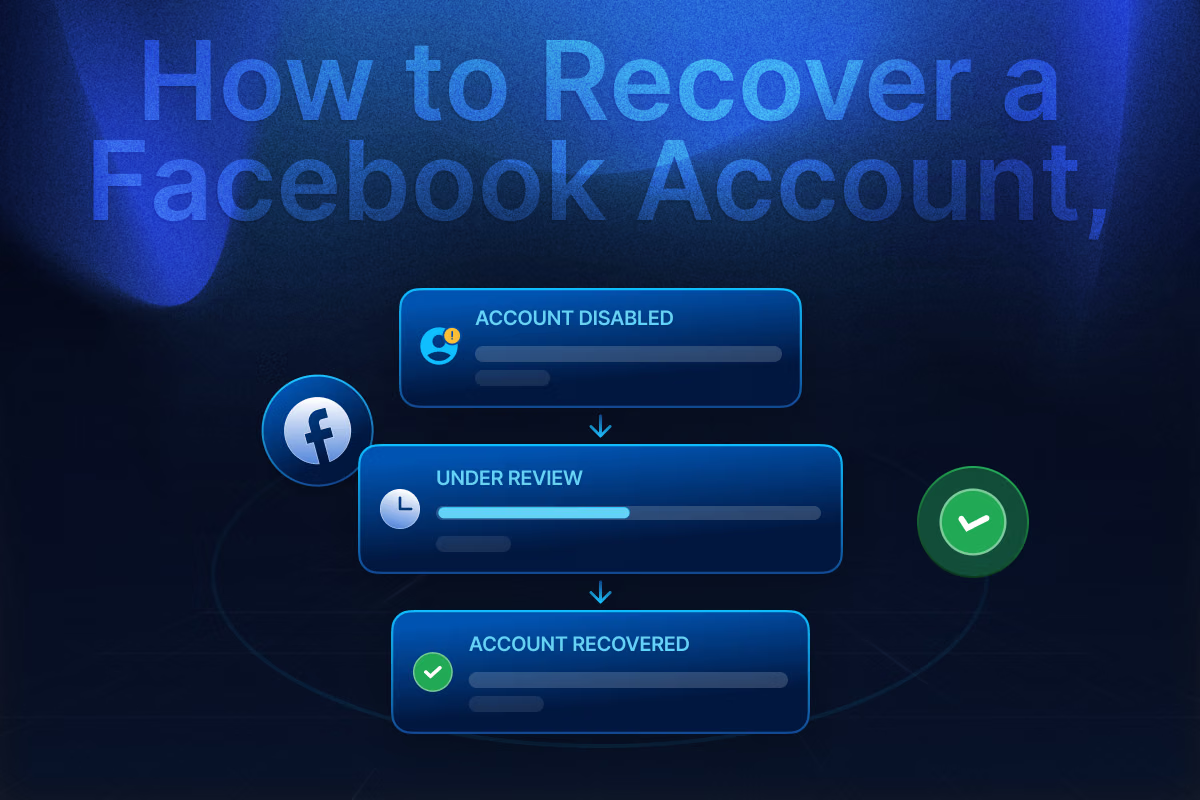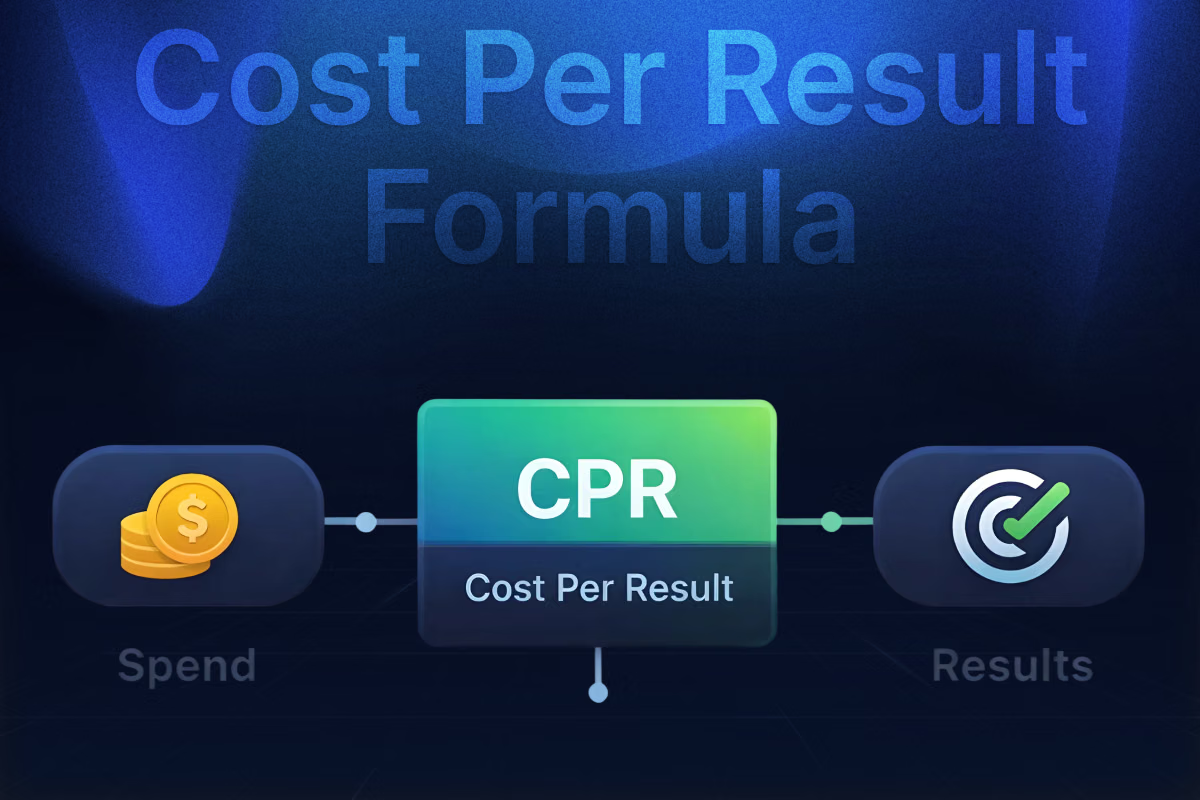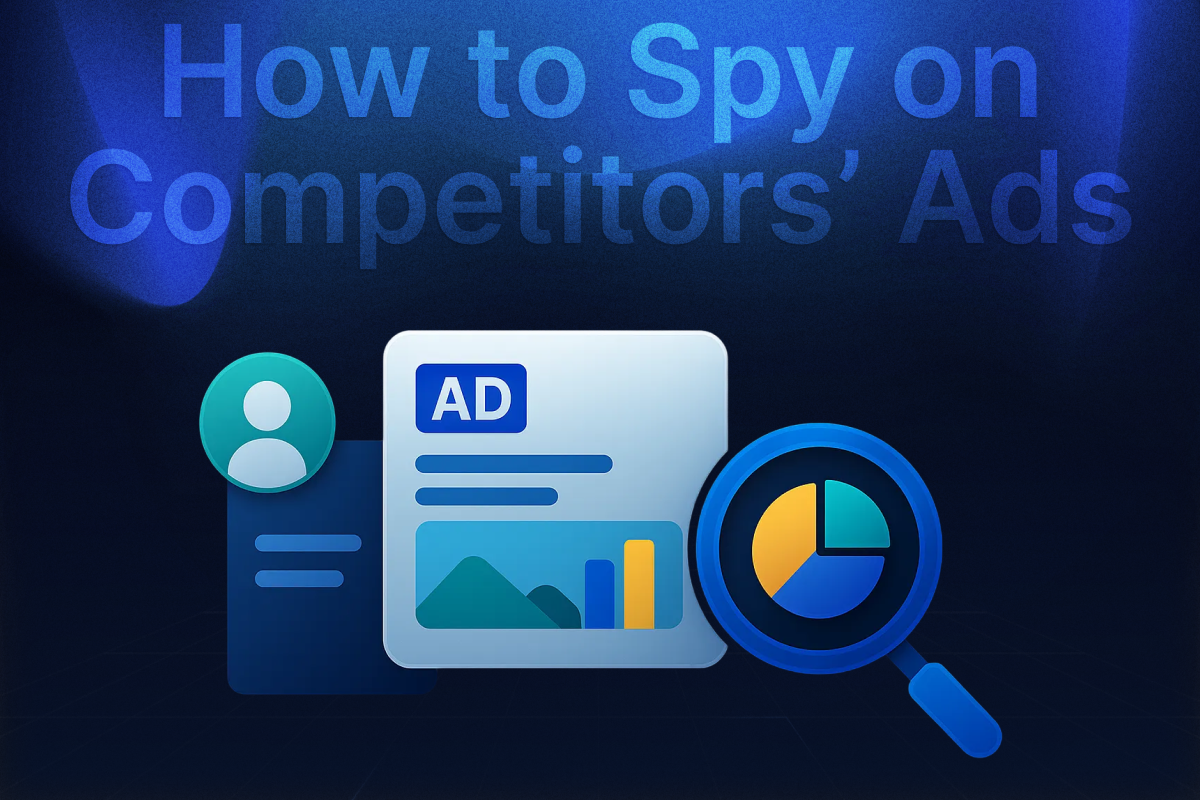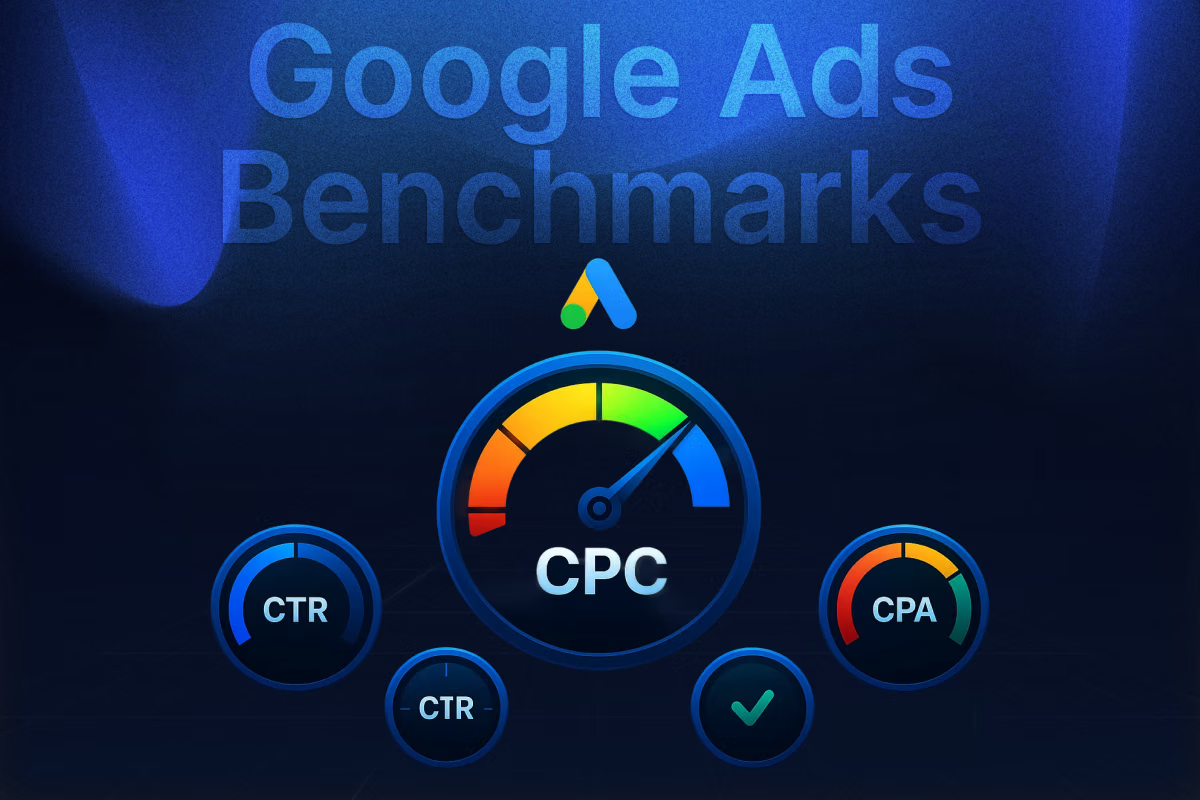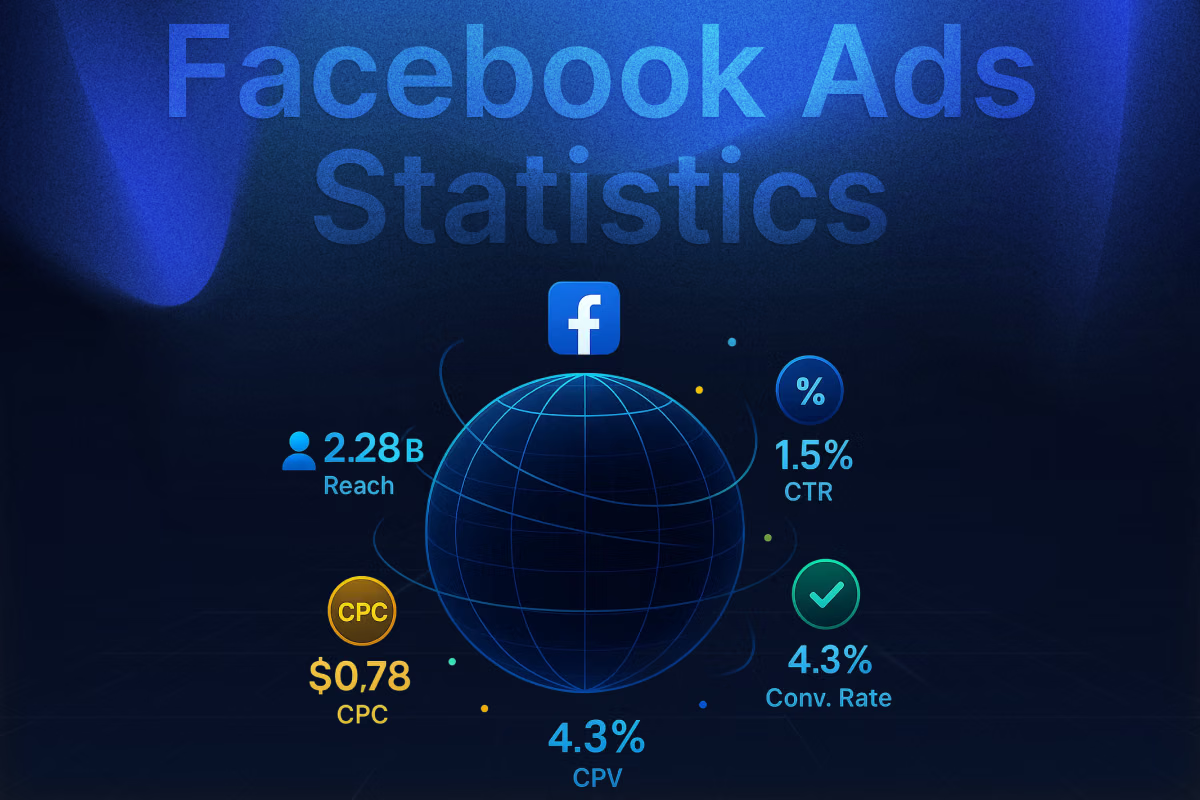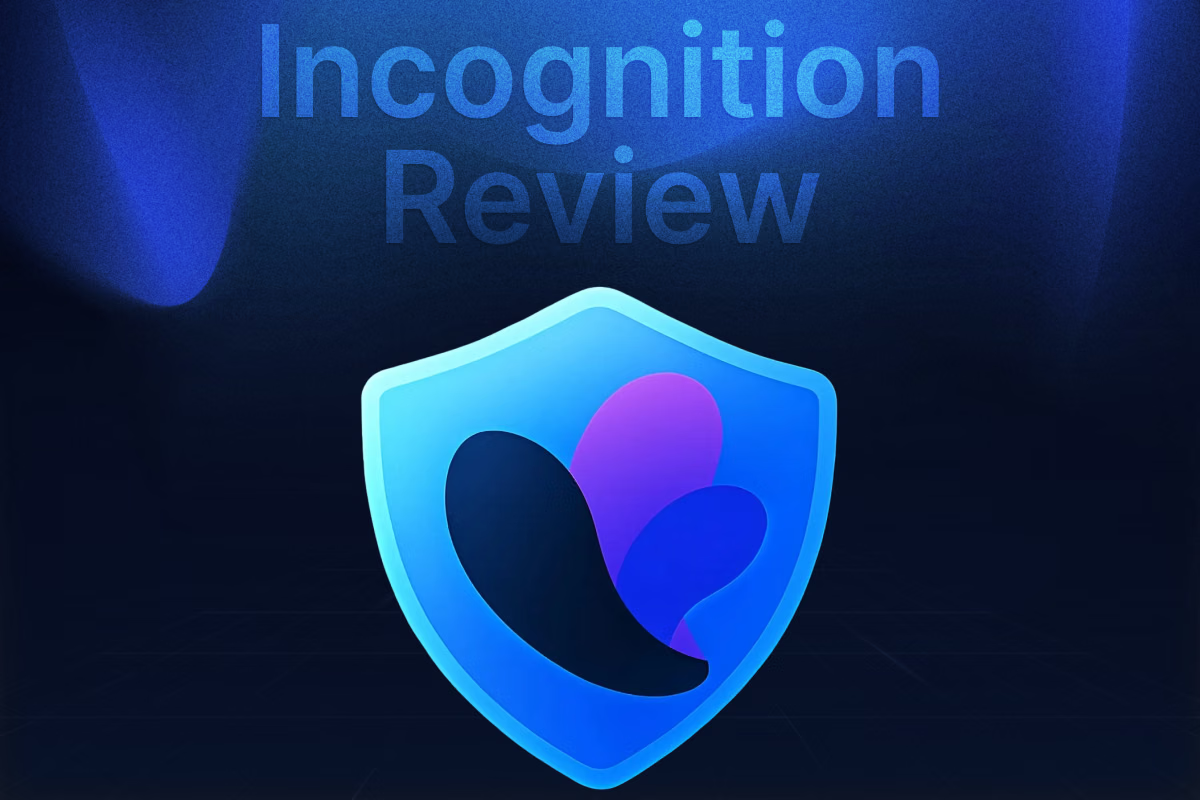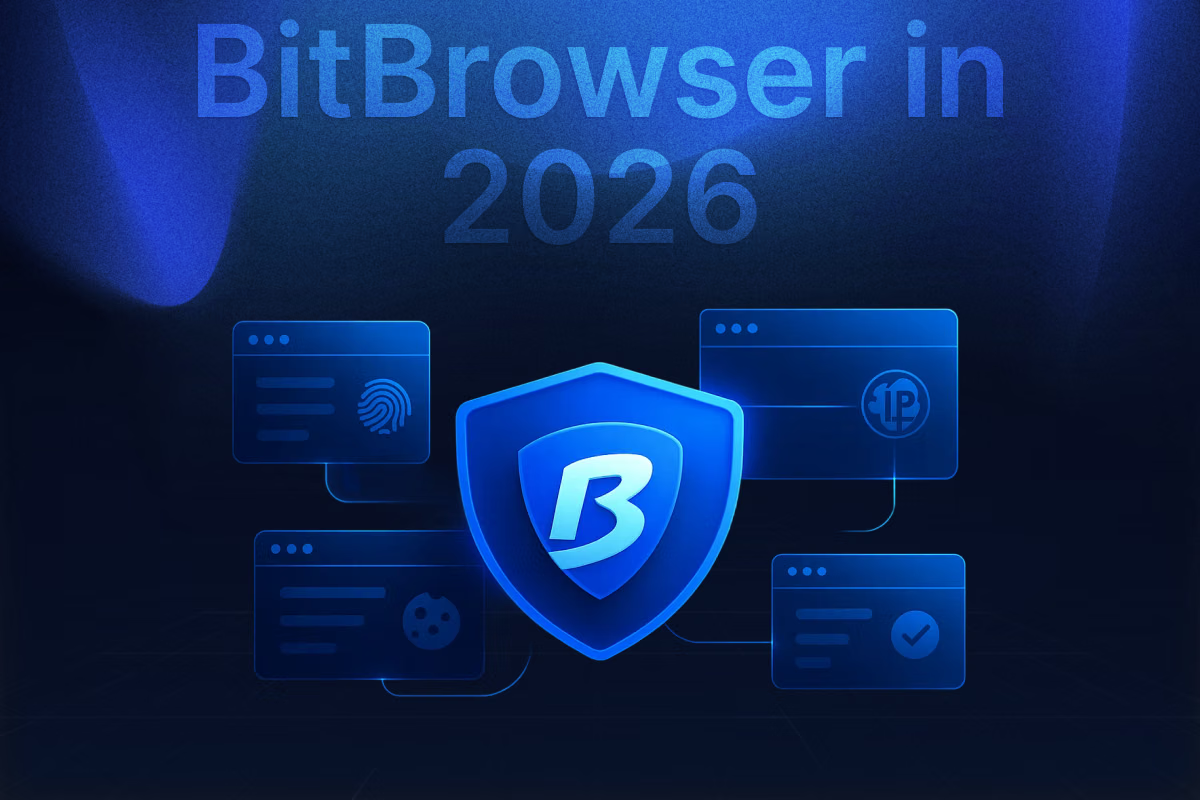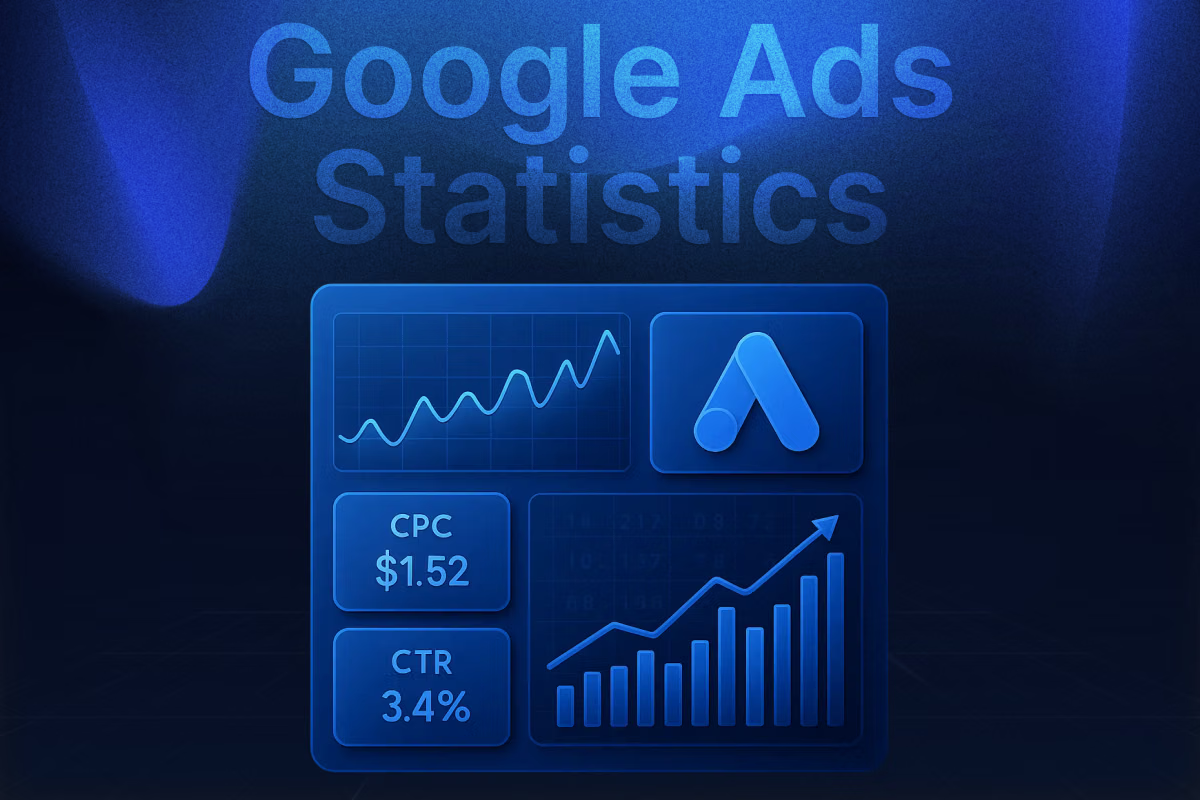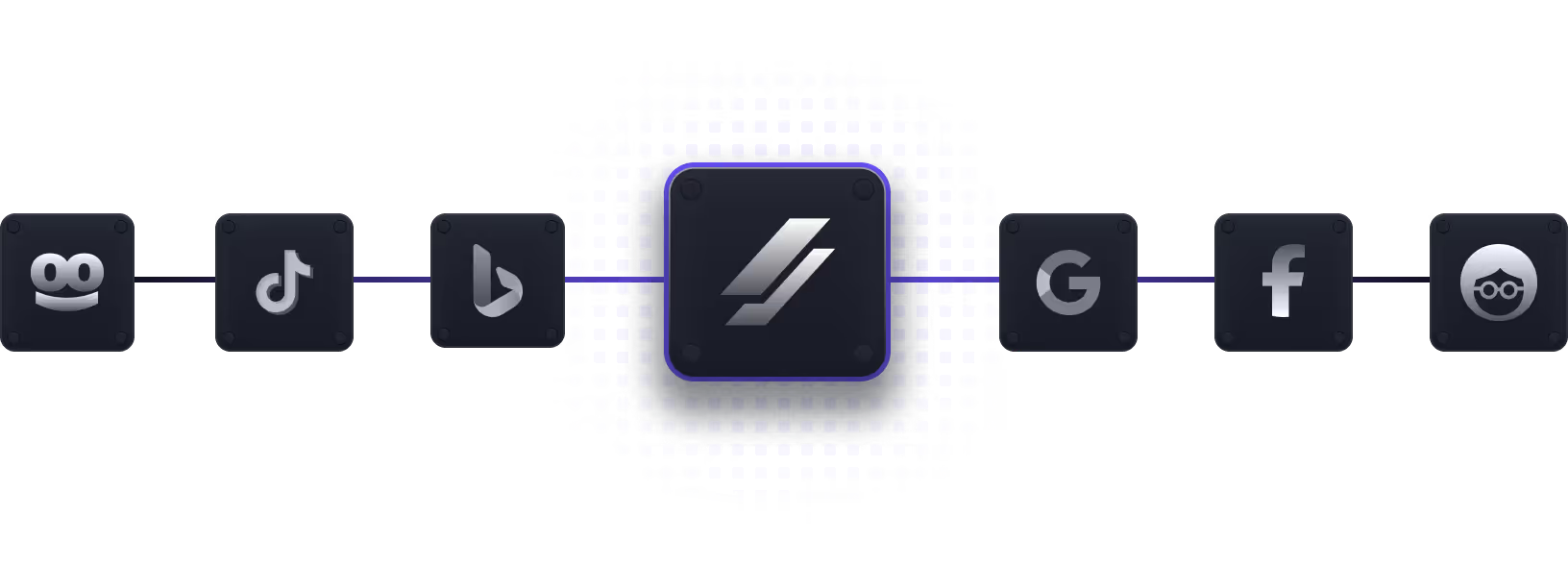You’ve just spent hours crafting the perfect Facebook ad campaign and are ready to launch. Finally, you hit the "Publish" button, only to be met with the dreaded "Payment Failed" notification. A failed payment in Facebook ads is all too familiar for countless advertisers. Facebook has a pretty complex payment system that can catch you off guard and cause Facebook payment issues.
Failed payments on Facebook Ads do more than just break your heart—they can derail marketing strategies, waste precious time, and cause significant revenue losses, especially for time-sensitive campaigns. Whether you're a small business owner trying to boost holiday sales or a marketing professional managing multiple client accounts, understanding why these failures occur and how to prevent them is crucial for maintaining consistent advertising momentum. The good news is that most payment issues are preventable and fixable once you understand the underlying causes and implement the right strategies.
What Causes Facebook Ads Payments to Fail?

Facebook may not be accepting a payment method for various reasons, and understanding the root cause is essential for quickly resolving the issue. The platform's sophisticated fraud detection systems, combined with varying international banking regulations, create multiple potential failure points that can catch advertisers off guard. These failures typically fall into several distinct categories, each requiring different approaches to resolve.
Insufficient Funds or Reached Credit Limit
The most basic reason for failed payments on Facebook Ads is that your card simply doesn't have enough funds to cover the charges. Facebook automatically attempts to charge your payment method once your billing threshold is reached, and if there's insufficient balance, the charge fails immediately.
The billing threshold system works by charging you when you reach a certain spending amount or on your monthly billing date, whichever comes first. For new accounts, this threshold typically starts at $25 and gradually increases as Facebook builds trust with your payment history.
Many advertisers mistakenly assume their payment method is faulty when, in reality, they've simply hit their spending limit faster than expected. This is especially problematic during high-traffic periods like Black Friday or when running multiple campaigns simultaneously, where ad spend can escalate rapidly.
Expired or Incorrect Card Information
Even the smallest error in your payment details can result in repeated Facebook payment issues. Facebook's system is particularly sensitive to mismatched information, including incorrect expiration dates, CVV numbers, or billing addresses that don't match your bank's records.
Unlike some platforms that provide detailed error messages, Facebook often gives generic failure notifications, making it difficult to identify exactly which field contains the error.
Card expiration is another frequent culprit that catches advertisers by surprise. Many people forget to update their payment information when their credit or debit cards are renewed, leading to their Facebook payments not going through.
Suspended or Flagged Payment Methods
If your payment method is suspended or you have a disabled ad account on Facebook, that may indicate a more serious issue than other scenarios. It may have happened because Facebook has flagged your financial information as potentially risky.
This typically occurs when Facebook's algorithms detect patterns that suggest fraud, policy violations, or suspicious financial activity. Common triggers include using the same payment method across multiple banned ad accounts, unusual spending patterns, or geographic inconsistencies between your account location and payment method origin.
Country-Based Restrictions
One of the most overlooked causes of payment failures involves geographic restrictions that many advertisers don't realize exist. Facebook doesn't accept all payment methods from all countries. This is particularly challenging for advertisers in emerging markets where local banking infrastructure may not be fully compatible with international payment processors.
Facebook Billing System Bugs
Occasionally, Facebook's billing infrastructure itself experiences technical difficulties that result in legitimate payment methods not going through. These system-wide issues are relatively rare but can affect thousands of advertisers simultaneously when they occur. Unlike user-specific problems, these failures typically resolve themselves within 24-48 hours as Facebook's technical teams address the underlying issues.
Spending Limit Confusion
Many advertisers mistake Facebook's automated spending controls for failed payments. Facebook implements various spending limits, including account-level lifetime limits and daily spending thresholds. These limits are designed to prevent accidental overspending and fraud, but they can appear as Facebook payment issues to users unfamiliar with the system.
New ad accounts are particularly susceptible to spending limit confusion because Facebook initially restricts them to relatively low daily amounts, often around $25, before gradually increasing limits based on payment history and account performance. When campaigns hit these limits, they pause automatically.
How to Fix Facebook Payment Failure Immediately
When facing a Facebook Ads payment failure, immediate action can often restore your campaigns quickly and minimize disruption to your marketing efforts. The key is to work systematically through the most common solutions while gathering information about the specific nature of your payment issue.
Recheck and Update Your Payment Information
- Start by navigating to Ads Manager
- Go to Billing & Payments > Payment Settings to thoroughly review your payment information.

- Verify that your card details are current, including the expiration date, CVV code, and billing address, ensuring they match exactly what your bank has on file.
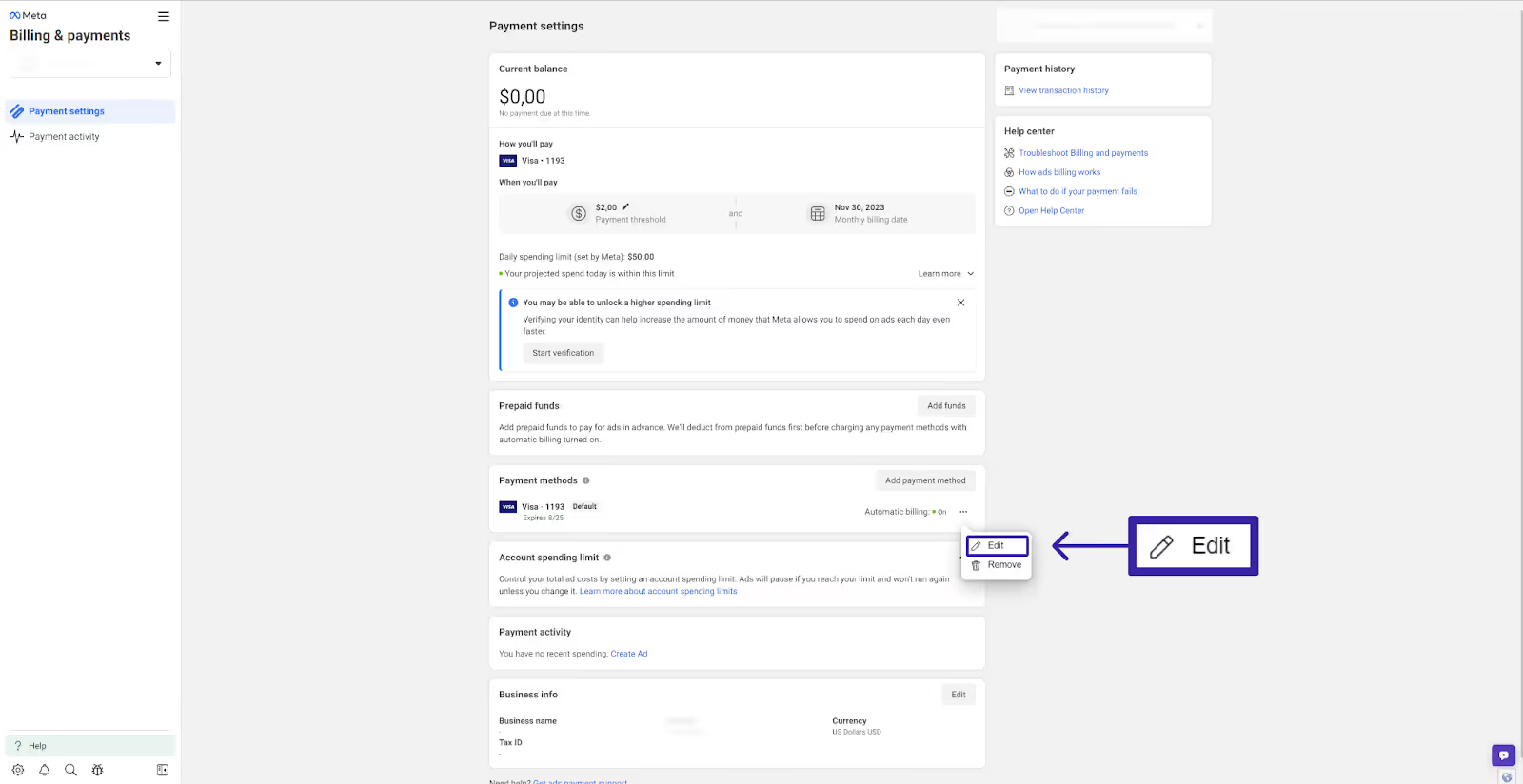
Even minor discrepancies, such as abbreviated street names or incorrect zip codes, can cause payments to fail. If you discover any outdated information, update it immediately and attempt to process the payment again.
Add a Backup Payment Method
When it comes to payment issues on your Facebook ads account, it’s better to be safe than sorry. Adding a backup payment method is one of the most effective preventive measures you can implement.
Facebook allows multiple payment methods on most accounts. The system will automatically attempt to charge your backup method if the primary payment method fails.
Use PayPal or an International Card
A common issue for the modern digital nomad is Facebook payments not going through due to you being in another country. Managing this issue with VPNs and other apps may give you unnecessary hassle and legal problems.
PayPal linked to a USD balance, virtual credit cards from services like Payoneer or Wise, or internationally issued credit cards typically have higher success rates than local banking products.
Remove and Re-add Your Payment Method
Although it may seem generic and superstitious, removing and re-adding your payment method may be enough to fix your problem. This process refreshes the connection between Facebook and your financial institution, often resolving minor synchronization issues or cached data problems that may be causing failed payments.

Call Your Bank
If everything’s alright on Facebook, maybe that’s not where the problem is. You may be having Facebook payment issues with your bank or financial institution. Contact your bank or financial institution to verify that they're not blocking Facebook transactions due to fraud protection measures.
Authorizing these charges with your bank can immediately resolve many payment failures and prevent future issues.
Advanced Fix: Your Ad Account or Payment Method Is Disabled
When facing account-level restrictions or payment method suspensions, the resolution process becomes more complex and may require direct intervention from Facebook's support teams. These situations typically arise when Facebook's automated systems detect patterns that suggest policy violations, fraud risk, or other serious account issues that go beyond simple payment processing errors. In such cases, you can:
Request a Review Via Account Quality Center
- Begin by accessing the Account Quality Center through your Facebook Business Manager interface, where you can review any restrictions or warnings applied to your account.

- If your ad account or payment method has been disabled, you'll have the option to request a review by providing additional information or documentation to support your case.
- When submitting a review request, be professional, concise, and specific about your business activities, ensuring that all information aligns with Facebook's advertising policies and community standards.
Document your business legitimacy by gathering supporting materials such as business licenses, tax identification numbers, website ownership verification, and any other documentation that demonstrates your company's legitimate commercial activities. Facebook's review teams often request this type of information to verify that suspended accounts represent genuine businesses rather than fraudulent operations.
Use a Different Profile or Business Manager
If your appeals are unsuccessful or if your account has been repeatedly flagged, consider transitioning to a different Business Manager or user profile while maintaining compliance with Facebook's terms of service. This approach requires careful planning to ensure that you can transfer essential assets like Facebook Pixels, page ownership, and campaign data without losing valuable historical information or optimization data.
How to Prevent Payment Failure on Facebook Ads

Prevention strategies for failed payments on Facebook Ads focus on building robust, redundant payment systems while maintaining practices that align with Facebook's risk management protocols. The most effective approach combines technical payment solutions with strategic account management practices that minimize the likelihood of triggering Facebook's fraud detection systems.
Use International Credit Cards
Prioritize international credit cards over local banking products whenever possible, as these payment methods have significantly higher acceptance rates across Facebook's global infrastructure.
Avoid Using the Same Card Across Multiple Ad Accounts
Similar to your password, your card should also be assigned to a single ad account only. Implement a strict policy of using unique payment methods for each ad account or Business Manager to prevent cross-contamination between accounts. .
Use Virtual Cards to Create Separation
Virtual card services provide an excellent solution for creating payment method separation while maintaining control over spending limits and security. Services like Privacy.com, Payoneer, and Wise allow you to generate multiple virtual card numbers, each with its own spending limits and controls.
Keep Your Cards Funded
Maintain adequate funding across all payment methods to prevent automatic failures when Facebook processes charges. Setting up automatic funding or maintaining buffer amounts ensures that legitimate charges are processed successfully, regardless of timing.
Understand Your Spending Threshold
Monitor your spending thresholds closely and understand how Facebook's incremental limit changes work. Plan your campaign launches around these limitations, and consider requesting threshold increases before major advertising pushes.
Enable Billing Alerts
Configure billing alerts and notifications to receive immediate warnings about payment issues, approaching spending limits, or account restrictions.
Use Aged BMs and Profiles
Older accounts are more stable and less likely to trigger automated bans or payment holds. Consider working with a trusted provider to purchase aged assets. Uproas can get you the most reliable BM accounts with minimal risk of failed payments on Facebook ads.
When to Use an Agency Ad Account
Agency ad accounts represent a premium solution for advertisers who require higher spending limits, enhanced stability, and direct support channels that bypass many common payment and account restriction issues. Services like Uproas can help you get well-managed and reliable ad accounts with fewer Facebook payment issues. Some of the benefits you are set to obtain with the help of such Facebook agency ad accounts are:
- They come pre-approved by Meta with high trust scores, giving you a lower chance of payment failures.
- You can spend $1,000+ daily from day one without needing to increase the spending threshold gradually.
- They often support any payment method without restrictions and offer more robust fraud protection systems.
- You’ll have direct support from Meta reps in case of payment-related bans. This expedited support becomes invaluable when dealing with account restrictions and payment method suspensions swiftly.
- Agencies provide a level of stability and reliability of payment for businesses operating in regions with challenging payment infrastructure or those requiring consistent, high-volume advertising capabilities.
Providers like Uproas specialize in providing these premium account solutions, helping businesses bypass common billing and account restriction problems while maintaining compliance with Meta's operational requirements.
Conclusion
Facebook Ads payment failures remain one of the most frustrating obstacles for advertisers, but understanding their causes and implementing comprehensive prevention strategies can dramatically reduce their occurrence and impact. Success in managing Facebook Ads payments requires a multi-layered approach that combines technical solutions like international payment methods and virtual cards with strategic practices such as account separation and proactive monitoring.
For businesses requiring maximum reliability and performance, agency ad accounts offer a premium solution that eliminates many payment-related challenges while providing enhanced support and spending capabilities. Services like Uproas provide access to these specialized Facebook agency ad accounts, enabling businesses to focus on campaign optimization and growth rather than technical payment issues.



